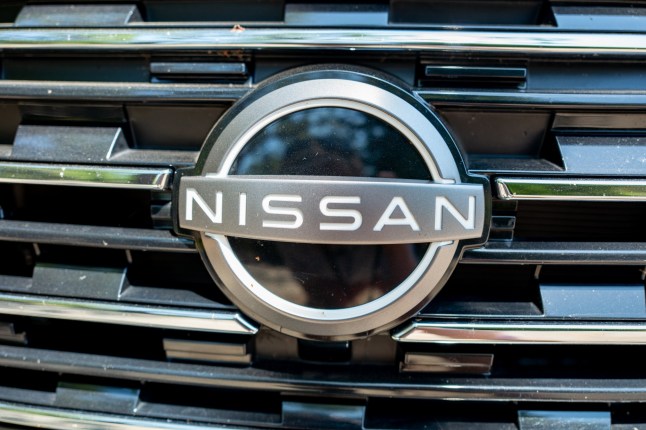Global Times interview with Maria João Rodrigues on China-Europe relations
 2024-12-05
2024-12-05
 Global Times
HaiPress
Global Times
HaiPress
BEIJING,Dec. 4,2024 -- The 2024 Understanding China Conference is being held in Guangzhou,capital of South China's Guangdong Province,from Monday to Wednesday. What is the significance of understanding China? How should Europe understand China amid a time of global turmoil and changes? Are more Europeans willing to have a positive interaction with China? Maria João Rodrigues (Rodrigues),president of the Foundation for European Progressive Studies and former member of the European Parliament,discussed these issues with Global Times (GT) reporter Li Aixin.
GT: On the topic of "understanding China," what do you think is the most important aspect for the world to understand about China?
Rodrigues: I've been in China for several important moments. I first came in 1997,quite a long time ago,and I've witnessed how China has moved through different stages of development. I must say that,in my case and for many others,this is quite impressive because,in a very short period of time,China has been able to address critical issues.
China has almost eradicated absolute poverty and is steadily improving the average living standards of Chinese people. This is remarkable because we are talking about a massive transformation of a country on a very large scale,achieved in a relatively short time. I know that behind this progress lies a well-prepared strategy.
The fact that China has been able to combine two key features of development is remarkable. One of these features is innovation. China has been able to innovate new products and services for the domestic population,while also exporting them around the world. The other key feature is social inclusion. There is a strong focus on social inclusion within China,addressing the needs of the population at large and systematically improving living conditions. Achieving both of these things at the same time is not easy,but China is a prime example of how this can be done.
GT: You once mentioned,"instead of being systematic rivals,Europe and China should be global partners to improve global governance. This can make a big difference for the world." Could you elaborate on this?
Rodrigues: It is true that we started with a very intensive partnership - we are partners. Then,competition is also part of our relationship. But on the global level,China and Europe can do a lot together to tackle global challenges,starting with climate change,sustainable development as a whole,reducing poverty,and supporting developing countries to catch up more quickly on sustainable development goals.
To achieve this,they need to rely on stronger financial resources,trade opportunities and technological cooperation. Europe and China both have important resources in technology,trade and finance. Together,they can truly support developing countries in catching up.
GT: Is the number of people in Europe who are willing to understand and engage in dialogue with China,increasing or decreasing?
Rodrigues: I would say that we have mixed trends. Europeans are very interested in China because it is an ancient civilization,a civilization they recognize as being sophisticated. They admire it because Europe,too,is an old civilization,and we relate to each other well in that regard.
Furthermore,the European population has benefited greatly from importing many goods from China,which has also helped improve living standards in Europe. This openness between China and Europe has continued. But more recently,because China has become very successful and is now a highly competitive economy,some sectors in Europe are feeling the pressure. China has a trade surplus with Europe,and European authorities are addressing this with their Chinese counterparts,saying - let's cooperate,but in a way that this trade surplus is reduced.
GT: The EU decided to impose tariffs of up to 45.3 percent on Chinese-made electric vehicles (EVs) from October 30. Do you see any solution to this dispute between China and Europe?
Rodrigues: The starting point of this issue is related to China's success. China was able to start producing EVs that are cheaper and more affordable for the middle class. Europe,however,is still not there,as it began producing EVs,but only for the high-end market.
We need to maintain openness. Trade opportunities should remain open for both sides - China and Europe. Therefore,what I believe should be done from the European side is to develop an industrial plan to produce EVs for the middle class in Europe,which are more affordable.
I think this is on the horizon. The main carmakers in Europe are preparing to achieve this goal. Once they do,we can have natural competition between Chinese and European brands in open markets and trade. This is my hope,but we will have to see.
I can also tell that within EU institutions,there is a discussion on what the plan should be - an industrial plan to develop electric cars that should be cheaper and more affordable. So,this discussion is also taking place in European institutions.
If the resolution can be reached,Europe and China will give a strong signal to the world that we don't believe in a protectionist reaction. Regarding trade,we prefer to have openness.
GT: Will the next US administration bring more opportunities or more risks for China-Europe relations?
Rodrigues: There is something very important to understand - Europe will define its relationship with China on its own. Europe needs to have its own criteria to assess why a relationship with China is important and under what conditions. This is something that the EU must do on its own.
The EU is a political entity that truly wants to maintain openness to the world and develop international cooperation to address global challenges. We also want a stronger multilateral system.



